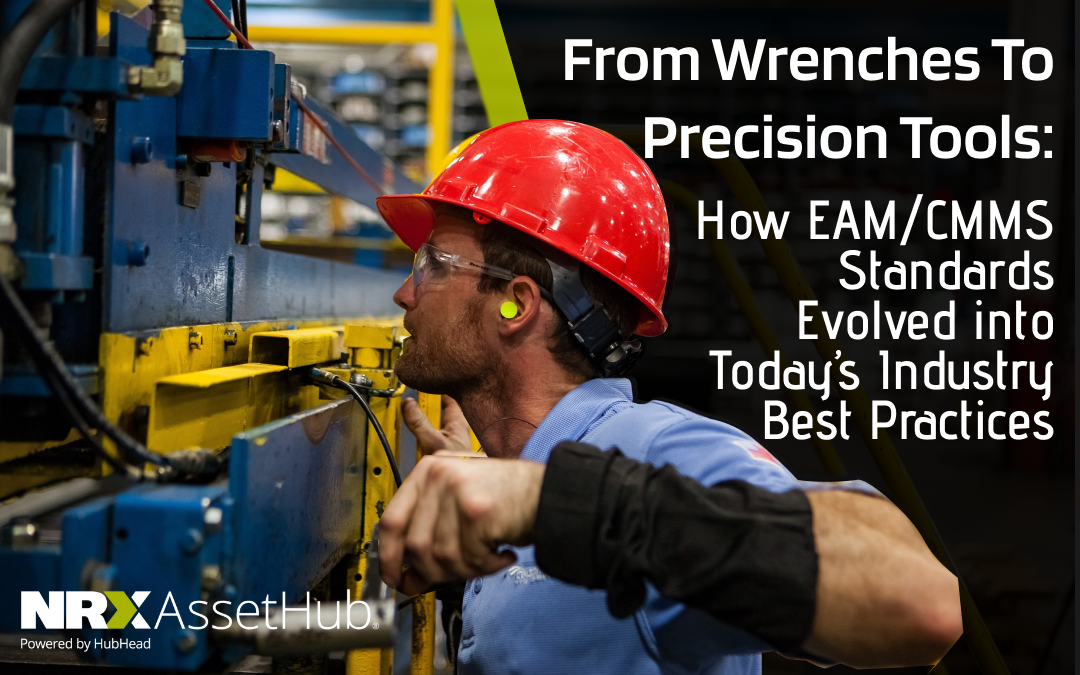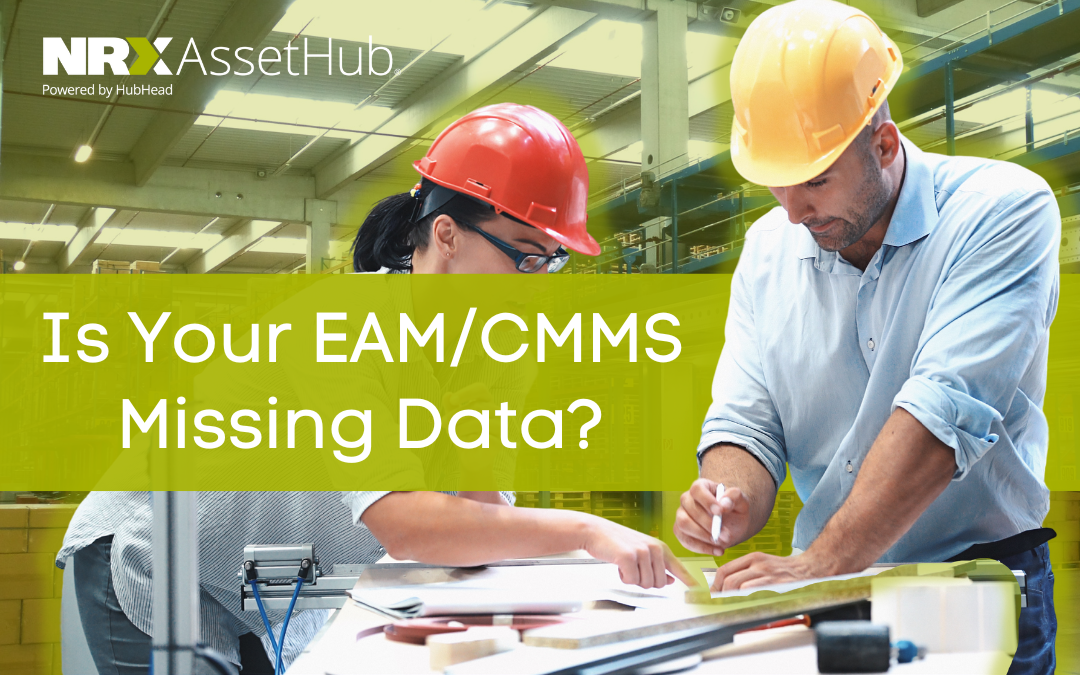
The NRX Blog

A Guide to Benchmarking EAM/CMMS Performance in the Food and Beverage Industry
In the food and beverage industry, maintenance of processing and packaging equipment is critical for ensuring product quality and safety. However, complying with strict regulations while optimizing maintenance operations can be a challenging task. This is where an industry standard EAM/CMMS (Enterprise Asset Management/Computerized Maintenance Management System) comes into play.

Industry Insights: Best Practices for EAM/CMMS Systems in Oil and Gas Companies
In the oil and gas industry, maintenance is critical to ensure the safe and efficient operation of facilities and equipment. The adoption of EAM/CMMS systems has allowed companies to optimize their maintenance operations, but how do they know if they’re achieving the best results? This is where benchmarking comes into play.

Unlocking Success: How Benchmarking for Industry Best Standards Drive EAM/CMMS Excellence
Have you ever noticed how everything in life requires maintenance? Whether it’s your car, your home, or even your own body, everything needs regular attention and care to keep running smoothly. The same goes for the equipment and assets used in industries like manufacturing, power generation, and transportation. That’s where enterprise asset management (EAM) comes in, with industry best practices and standards like ISO 14224, RDS-PP, and KKS helping companies to manage their assets efficiently.

From Wrenches to Precision Tools: How EAM/CMMS Standards Evolved into Today’s Industry Best Practices and the Critical Role of Benchmarking
Have you ever heard the phrase "there's a right tool for every job"? It's a simple concept, but it's a powerful one. In industries where maintenance and asset management are critical components of success, having the right tools is essential. Standards are those...

Is your EAM/CMMS System Missing Data?
A complete EAM/CMMS system increases efficiency and minimizes lost productivity. Consider benchmarking services to find an ROI-based roadmap to fix your EAM/CMMS system.

Benchmarking Services to Get the Most Out of Your EAM/CMMS
A well-implemented EAM/CMMS is critical to providing your business with efficient work management, planning, maintenance operations, and overall productivity. However, many businesses don’t use their EAM/CMMS to their its fullest potential. They need to figure out why they are not getting the performance they want or how to identify areas needing improvement effectively.

How Benchmarking EAM/CMMS Systems Can Lead to Leaner Maintenance Operations
Many asset-intensive organizations seek methods to improve maintenance processes to reduce unnecessary expenses. One approach to doing so is benchmarking; this involves comparing current maintenance practices to other organizations to uncover potential inefficiencies.

Revamping Maintenance Processes: How Benchmarking Boosts Efficiency
When it comes to maintaining equipment or facilities, it’s important to have a well-defined process in place to ensure that everything is running smoothly. Maintenance processes are critical to the success of any business, but it’s not always easy to know where to start when trying to improve them. One approach that has proven effective is benchmarking, which involves comparing your current practices with those of other organizations to identify areas for improvement.

Closing the Gap: Use Benchmarking to Uncover Missing Master Data
Missing information leads to false conclusions; often, organizations experience inefficiencies with planning, scheduling, prioritizing, and executing work with inaccurate data. Uncovering missing information is a critical step toward ensuring the validity and reliability of master data. To effectively address this issue, businesses benchmark their EAM master data.

The Power of Benchmarking for Mastering Master Data
For asset-intensive organizations, as Bergeson says, the importance of listening to data cannot be overstated — especially when it comes to EAM master data; it provides a powerful insight for current and future business operations. For this reason, companies strive to have reliable master data. However, many run into issues — benchmarking provides a pathway for mastering master data.
